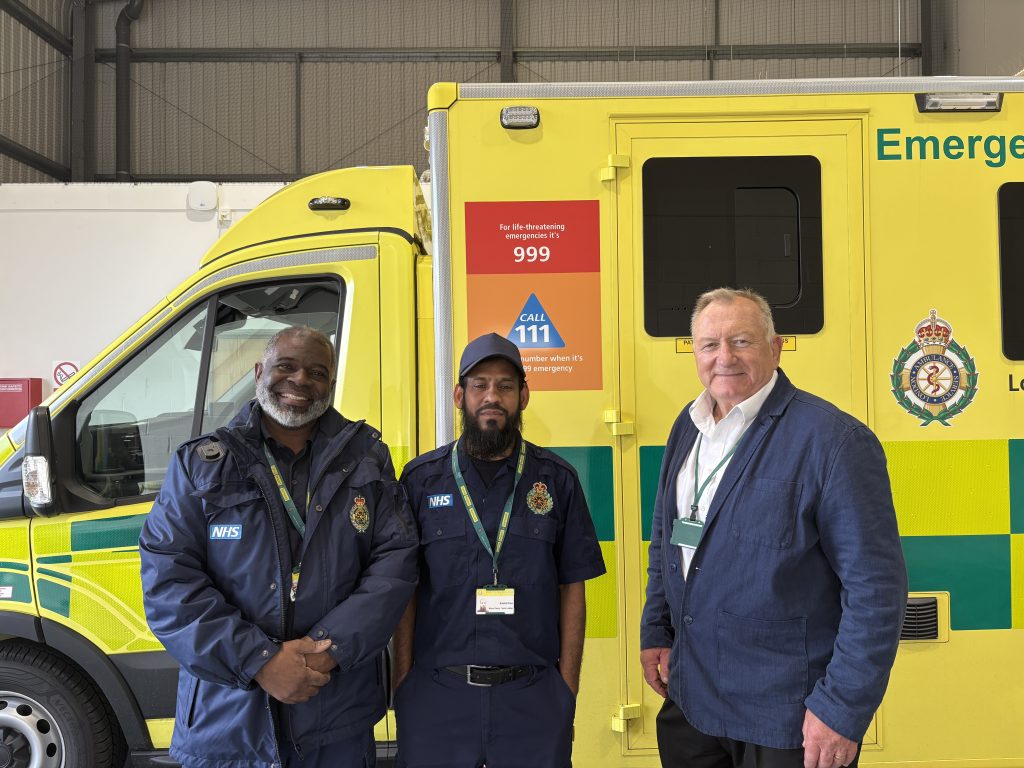A major £22m investment by London Ambulance Service (LAS) will see the creation of new, state-of-the-art facilities in east London to support the region’s growing population and increasing demand for emergency care.
The new East London Campus, currently under development in Canning Town, will become a central hub for ambulance operations across the area. The site will include a modern ambulance station, a dedicated base for specialist paramedics trained to respond to large-scale incidents and terrorist attacks, a facility for preparing and restocking ambulances, and a new servicing hub for the vehicle fleet.
Once complete, the campus is expected to improve operational efficiency, enable the expansion of the Service’s ambulance fleet, and help increase the number of paramedics responding to emergencies on the road.
Rakesh Patel, Chief Finance Officer and Executive Lead for Estates and Fleet at LAS, said the investment marks a major step forward in modernising facilities and ensuring the Service is ready to meet future healthcare needs.
“This is an ambitious programme of work to modernise our services and support our transition to net zero,” he said. “With east London’s population and infrastructure continuing to grow, we must make sure our estate is sustainable, fit for purpose and ready for future generations.
“We are proud to be creating environmentally friendly buildings with improved energy efficiency and modern infrastructure for both clinical and corporate functions. As more people make east London their home, we also want to offer the best facilities for our staff and attract new people to build successful careers with us.”
East London’s population has grown by more than 36% since 2002, making it one of the fastest-expanding regions in England. That growth has been fuelled by major infrastructure projects, including the Elizabeth Line, as well as extensive investment in housing and transport.
The East London Campus is scheduled for completion by the end of 2026, and is part of London Ambulance Service’s wider programme to modernise its estate, enhance operational resilience, and meet the evolving healthcare needs of the capital.
To read similar articles, check out our Frontline channel
